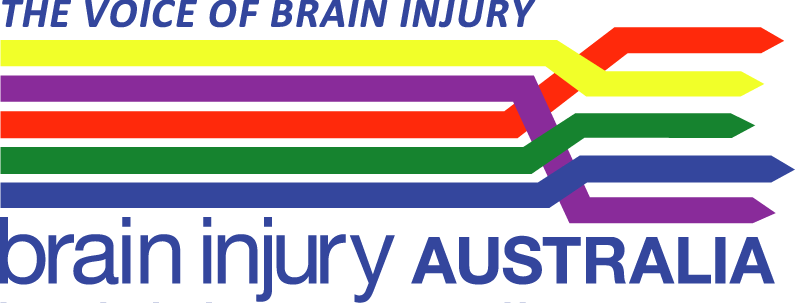- FOR REFERENCE
- Introduction
- A. Worker Roles
- a) Information and referral staff
- b) Support workers
- c) Case managers
- d) Managers
- e) Workshop facilitators and presenters
- B. Working with people with ABI
- a) Video stories
- b) Video clips
- c) Interactive graphics
- d) Handouts
- e) Worksheets
- f) Tools
- C. Additional resources
- a) Fact sheets
- b) Books
- c) Videos
- d) On-line learning
- e) Organisations
d) Managers knowledge and skills
Introductory knowledge
All managers managing staff working with people with ABI need:
a) An introduction to ABI - which could be the Self-Study Module 1. An Introduction to ABI
b) An introduction to appropriate ways of working with people with ABI - which could be Module 2 Working with people with ABI
Tools
Where the staff are working with people with ABI two interconnected issues that managers need to be particularly aware of are:
- The disillusionment process that can happen when staff are working with people with ABI
- Preventing stress
as these are common issues for support staff working with people with ABI.
These issues needs to be addressed through having good management and supervision practices.
See for example:
TOOL 9: Managing and supervising staff
TOOL 10: Working with ABI : the Disillusionment process
TOOL 11: Preventing stress
TOOL 13: WHS & Participant Risk
TOOL 14 Professional boundaries
TOOL 16: Essential survival tips for working with people with ABI
More depth on supervising managing staff working with ABI
There are Self-study modules and Toolkits available at www.TBIStaffTraining.info. Although the information has been developed for traumatic brain injury (TBI) is is also relevant for the majority of sudden onset ABIs'.
More In depth knowledge for working directly with people with ABI
Managers who work a lot with people with ABI may also need more in depth knowledge around:
Communication
Promoting skills for independence
Understanding and managing cognitive changes
Understanding and managing behaviour changes
Sexuality after an ABI
There are Self-study modules and Toolkits available at www.TBIStaffTraining.info. Although the information has been developed for traumatic brain injury (TBI) is also relevant for the majority of sudden onset ABIs'.
The following self-study modules may be particularly useful to support workers.
2: Communication
3: Promoting skills for independence
4: Understanding and managing cognitive changes following an TBI
5: Understanding and managing behaviour Changes following an TBI
6: Sexuality after an TBI : issues and strategies
9. Mobility
The following Toolkits may also be particularly useful:
A. The Next Step: Transition from Children's Services to the Adult World
B. Working Together Promoting Independence

